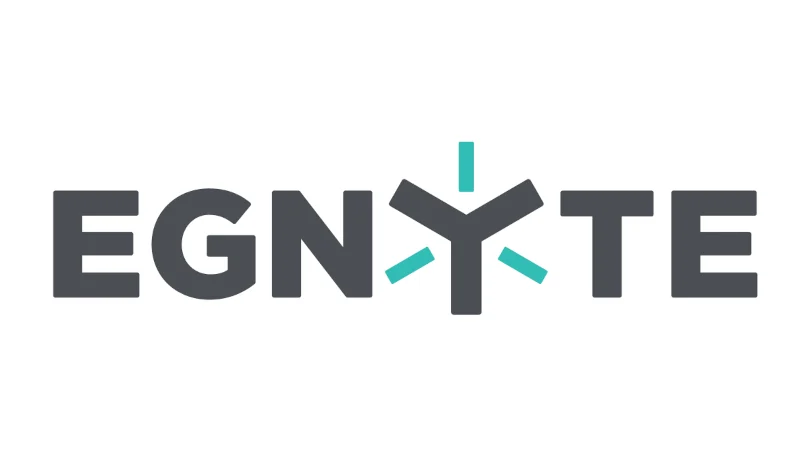Cybersecurity Services
Ensure Your Cybersecurity is Making the Grade


Custom-Designed Cloud Platform to Understand, Assess and Improve Security Posture
There are two types of companies: those that have already been attacked and those that just haven’t been attacked yet. We created vAlmond in partnership with a global leader in cybersecurity and cloud infrastructure to help you monitor and improve your security rating daily for faster, more proactive protection.


360-Degree View of Your Overall Cybersecurity Risk Posture
Your business can use vAlmond to monitor and improve your daily security rating, generate data-driven decisions, remediate gaps and make continuous security improvements.


Evaluate and identify potential vulnerabilities that may affect the overall security rating for both your company and third-party partners.
Track your first, second and tertiary vendors to ensure your supply chain is not targeted by a cyberattack.


Access real-time data with a user-friendly dashboard.
Compare your company to your peers to help monitor your security health and maturity.
Reduce your overall IT risk across on-premise and cloud environments.
Our custom-built Network Detection and Response system integrates seamlessly with our SIEM and SOAR solutions, delivering comprehensive, intelligent protection. We offer real-time blocking and deep integration across all layers of your environment—including cloud networks and tenants, on-premises servers, and endpoints.


Leveraging AI-powered introspection, our system proactively identifies and preemptively blocks threats. It coordinates across all cybersecurity layers—whether provided by us or existing third-party vendors—ensuring unified, adaptive defense throughout your infrastructure.
Hear from Our Clients

Verdant has a high level of expertise in the services that they offer to us. They understand that we’re the business experts in brewing, distilling and providing savored moments, and they educate us as experts in technology and how those two things can best work together.
Matt Hoeksema
President of New Holland Brewing Co.
KEY PARTNERSHIPS
Ready to Take the Next Step?
See how our team of IT experts can help assess, build and manage custom IT services that help your business grow.











